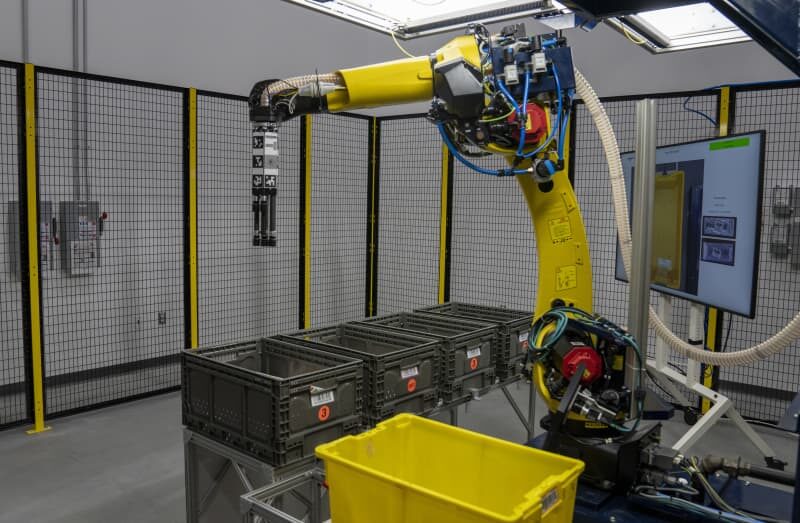
Announcing the release of the Microsoft Supply Chain Platform, which helps organizations and businesses maximize their existing supply chain investments through an open approach by combining the best of Microsoft AI, collaboration, low code, security, and Software as a Service (SaaS) on a composable platform.
The new Microsoft Supply Chain Platform announced the release of a preview of Microsoft Supply Chain Center. Supply Chain Center enables customers to get started quickly with an out-of-the-box “command center” that works with existing supply chain data and applications.
Supply chain disruptions are real, and their complexity and speed of change are outpacing the ability of organizations to solve problems on a global scale. Many nuanced solutions today are narrowly focused on supply chain execution and management. The endurance and resilience of an organization’s supply chain is determined by whether it can link its data across its systems to respond quickly to changing market conditions. Supply chain software must increase transparency of data sources, be flexible, predict possible disruptions, and fulfill orders – consistently and securely.
Microsoft provides a wide range of opportunities for such organizations to develop their own supply chain solutions.
Platform capabilities

- The Microsoft Supply Chain Platform provides the ability to create blocks in Microsoft Azure, Dynamics 365, Microsoft Teams, and Power Platform so that customers can take advantage of opportunities for specific supply chain needs.
- Using Dataverse, customers can use different ways to transfer data to keep supply chains running smoothly. The Power Platform makes it possible to create custom workflows, perform data reporting and use applications to existing supply chain systems.
- Based on the Supply Chain Platform, Microsoft Supply Chain Center was developed, which is currently available in a preview version. Data Manager, which is available in Supply Chain Center, allows you to collect and transform data to provide transparency of supply and return actions to the execution system.
- Customers using Dynamics 365 Supply Chain Management are provided access to Supply Chain Center as part of their agreements. The Supply Chain Command Center contains modules that help address supply chain disruptions and order fulfillment.
By analyzing supply and demand, Supply Chain Platform uses Azure’s more advanced artificial intelligence models to predict supply constraints and shortages at all stages using supply chain analytics. Organizations using Supply Chain Platform are able to run simulations using data from their supply chain network to predict possible out-of-stocks or overstocks, as well as missed order lines.


